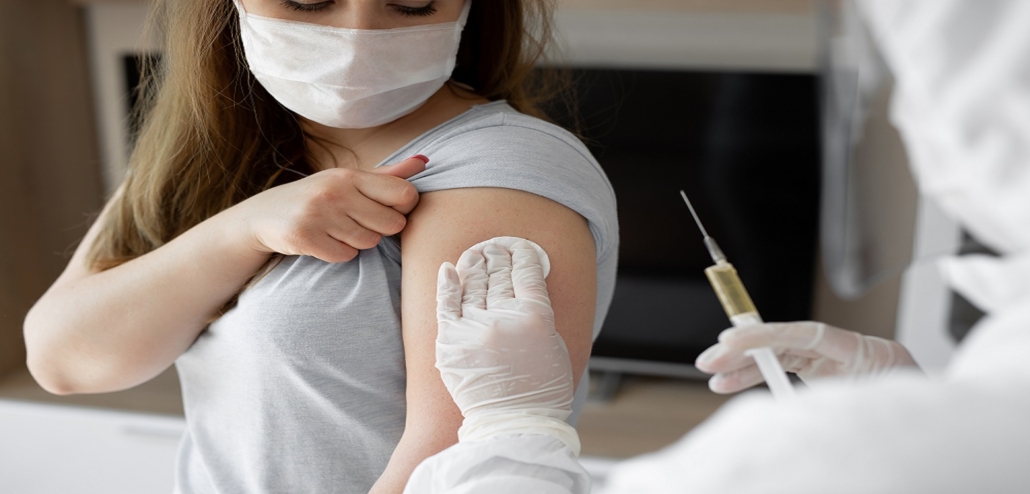Travel Clinic No Consult Fee. Understanding Malaria
Malaria is a serious and potentially life-threatening disease caused by parasites that are transmitted to people through the bites of infected mosquitoes. The parasites multiply within the person’s red blood cells and can cause symptoms such as fever, chills, and flu-like symptoms, as well as more serious complications such as anemia, seizures, and organ failure. Malaria is most commonly found in sub-Saharan Africa, but it also occurs in other regions of the world, including parts of South America, Asia, and the Caribbean. The Centers for Disease Control and Prevention (CDC) provides information and guidance to help prevent and control the spread of malaria in the United States and around the world. Getting malaria pills for travel before going to a high risk area is strongly recommended. Read more







